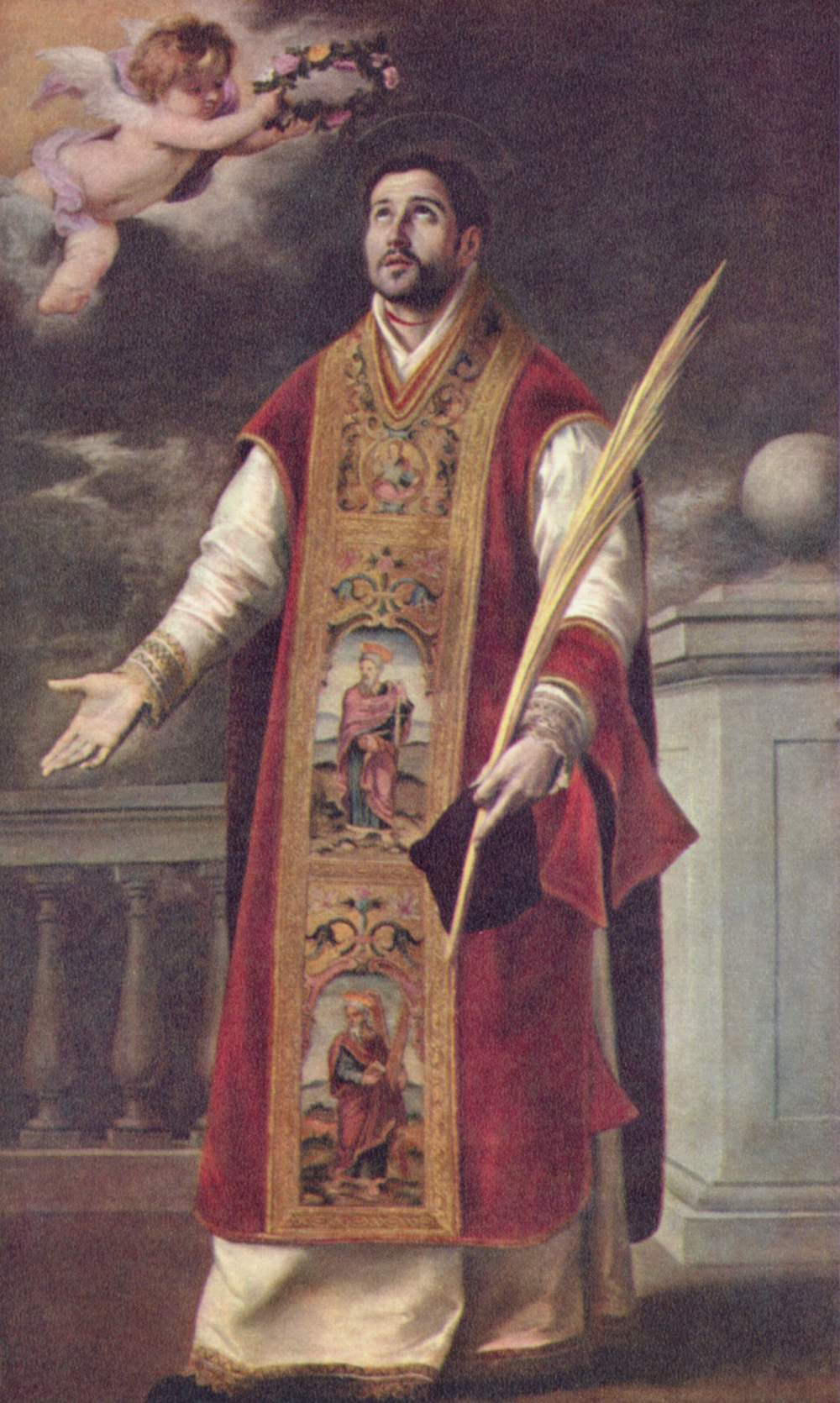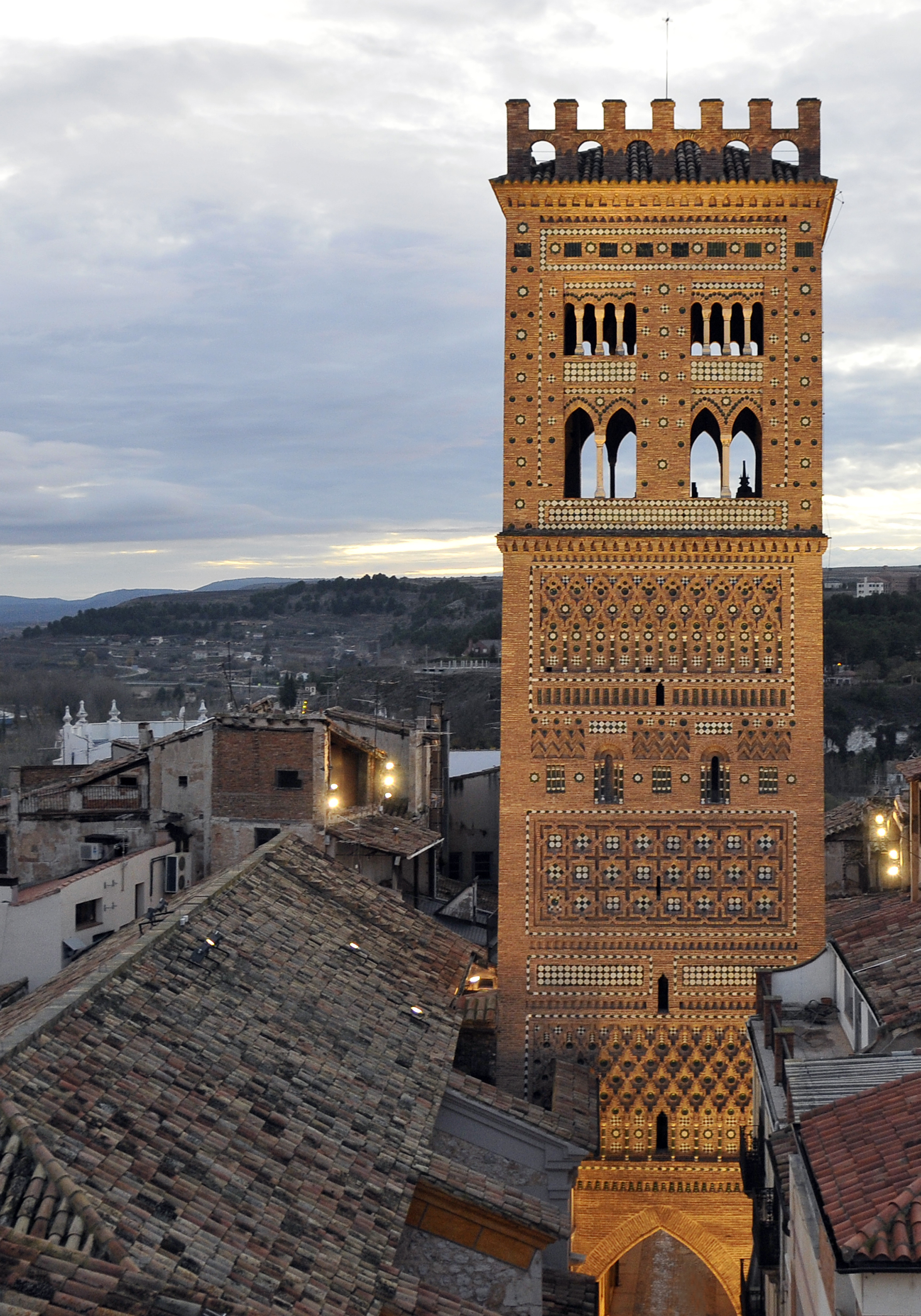|
Convivencia
''Convivencia'' (, "living together") is an academic term, proposed by the Spanish philologist Américo Castro, regarding the period of Spanish history from the Muslim Umayyad conquest of Hispania in the early eighth century until the expulsion of the Jews in 1492. It claims that in the different Moorish Iberian kingdoms, the Muslims, Christians and Jews lived in relative peace. According to this interpretation of history, this period of religious diversity differs from later Spanish and Portuguese history when—as a result of expulsions and forced conversions—Catholicism became the sole religion in the Iberian Peninsula. However, some voices have challenged the historicity of the above view of intercultural harmony, depicting it as a myth, and claiming that it is a "politically correct" anachronism. Qurtuba: ... [...More Info...] [...Related Items...] OR: [Wikipedia] [Google] [Baidu] |
Spanish Inquisition
The Tribunal of the Holy Office of the Inquisition ( es, Tribunal del Santo Oficio de la Inquisición), commonly known as the Spanish Inquisition ( es, Inquisición española), was established in 1478 by the Catholic Monarchs, King Ferdinand II of Aragon and Queen Isabella I of Castile. It began toward the end of the Reconquista and was intended to maintain Catholic orthodoxy in their kingdoms and to replace the Medieval Inquisition, which was under Papal control. It became the most substantive of the three different manifestations of the wider Catholic Inquisition along with the Roman Inquisition and Portuguese Inquisition. The "Spanish Inquisition" may be defined broadly as operating in Spain and in all Spanish colonies and territories, which included the Canary Islands, the Kingdom of Naples, and all Spanish possessions in North, Central, and South America. According to modern estimates, around 150,000 people were prosecuted for various offences during the three-century ... [...More Info...] [...Related Items...] OR: [Wikipedia] [Google] [Baidu] |
Américo Castro
Américo Castro y Quesada (May 4, 1885 – July 25, 1972) was a Spanish cultural historian, philologist, and literary critic who challenged some of the prevailing notions of Spanish identity, raising controversy with his conclusions that Spaniards did not become the distinct group that they are today until after the Islamic conquest of Hispania of 711, an event that turned them into an Iberian caste co-existing among Moors and Jews, and that the history of Spain and Portugal was adversely affected with the success in the 11th to the 15th centuries of the "Reconquista" or Christian reconquest of the Iberian Peninsula and with the Spanish expulsion of the Jews (1492). Life Castro was born to Spanish parents on May 4, 1885, in Cantagalo, Rio de Janeiro, Brazil. In 1890, his parents returned with him to Spain. In 1904 he graduated from the University of Granada, going on to study at the Sorbonne in Paris from 1905 to 1907. After returning to Spain he organized the Center for Histor ... [...More Info...] [...Related Items...] OR: [Wikipedia] [Google] [Baidu] |
Reconquista
The ' (Spanish, Portuguese and Galician for "reconquest") is a historiographical construction describing the 781-year period in the history of the Iberian Peninsula between the Umayyad conquest of Hispania in 711 and the fall of the Nasrid kingdom of Granada in 1492, in which the Christian kingdoms expanded through war and conquered al-Andalus; the territories of Iberia ruled by Muslims. The beginning of the ''Reconquista'' is traditionally marked with the Battle of Covadonga (718 or 722), the first known victory by Christian military forces in Hispania since the 711 military invasion which was undertaken by combined Arab- Berber forces. The rebels who were led by Pelagius defeated a Muslim army in the mountains of northern Hispania and established the independent Christian Kingdom of Asturias. In the late 10th century, the Umayyad vizier Almanzor waged military campaigns for 30 years to subjugate the northern Christian kingdoms. His armies ravaged the north, ev ... [...More Info...] [...Related Items...] OR: [Wikipedia] [Google] [Baidu] |
Martyrs Of Córdoba
The Martyrs of Córdoba were forty-eight Christian martyrs who were executed under the rule of Muslim administration in Al-Andalus (name of the Iberian Peninsula under the Islamic rule). The hagiographical treatise written by the Iberian Christian and Latinist scholar Eulogius of Córdoba describes in detail the executions of the martyrs for capital violations of Islamic law (''sharīʿa''), including apostasy and blasphemy. The martyrdoms recorded by Eulogius (the only contemporary source) took place between 850 and 859 AD, which according to the Mālikī judges of al-Andalus broke the treaty signed between Muslims and their Christian subjects. Some of the Christian martyrs were executed for apostasy and blasphemy after they appeared before the Muslim authorities and insulted the Islamic prophet Muhammad, although there was a minority case in which some of them were accused of such violations by witnesses. The witnesses at points have exaggerated the scale of the statements ma ... [...More Info...] [...Related Items...] OR: [Wikipedia] [Google] [Baidu] |
David Nirenberg
David Nirenberg is a medievalist and intellectual historian. He is the Director and Leon Levy Professor at the Institute for Advanced Study in Princeton, NJ. He previously taught at the University of Chicago, where he was Dean of the Divinity School, and Deborah R. and Edgar D. Jannotta Distinguished Service Professor of Medieval History and the Committee on Social Thought, as well as the former Executive Vice Provost of the University, Dean of the Social Sciences Division, and the founding Roman Family Director of the Neubauer Family Collegium for Culture and Society. He is also appointed to the Department of Romance Languages and Literatures, the Center for Middle Eastern Studies, the Joyce Z. and Jacob Greenberg Center for Jewish Studies. He is notable for his landmark analysis in 2013 of Antijudaism as a constitutive principle of the Western tradition, and his argument for a longue duree approach to historical understanding, a career about-face from the methodological approac ... [...More Info...] [...Related Items...] OR: [Wikipedia] [Google] [Baidu] |
Sephardim
Sephardic (or Sephardi) Jews (, ; lad, Djudíos Sefardíes), also ''Sepharadim'' , Modern Hebrew: ''Sfaradim'', Tiberian: Səp̄āraddîm, also , ''Ye'hude Sepharad'', lit. "The Jews of Spain", es, Judíos sefardíes (or ), pt, Judeus sefarditas or Hispanic Jews, are a Jewish diaspora population associated with the Iberian Peninsula. The term, which is derived from the Hebrew ''Sepharad'' (), can also refer to the Mizrahi Jews of Western Asia and North Africa, who were also influenced by Sephardic law and customs. Many Iberian Jewish exiles also later sought refuge in Mizrahi Jewish communities, resulting in integration with those communities. The Jewish communities of the Iberian Peninsula prospered for centuries under the Muslim reign of Al-Andalus following the Umayyad conquest of Hispania, but their fortunes began to decline with the Christian ''Reconquista'' campaign to retake Spain. In 1492, the Alhambra Decree by the Catholic Monarchs of Spain called for the expulsi ... [...More Info...] [...Related Items...] OR: [Wikipedia] [Google] [Baidu] |
Mudéjar
Mudéjar ( , also , , ca, mudèjar , ; from ar, مدجن, mudajjan, subjugated; tamed; domesticated) refers to the group of Muslims who remained in Iberia in the late medieval period despite the Christian reconquest. It is also a term for Mudejar art, which was much influenced by Islamic art, but produced typically by Christian craftsmen for Christian patrons. Mudéjar was originally the term used for Moors or Muslims of Al-Andalus who remained in Iberia after the Christian ''Reconquista'' but were not initially forcibly converted to Christianity or exiled. The word Mudéjar references several historical interpretations and cultural borrowings. It was a medieval Castilian borrowing of the Arabic word ''Mudajjan'' , meaning "subjugated; tamed", referring to Muslims who submitted to the rule of Christian kings. The term likely originated as a taunt, as the word was usually applied to domesticated animals such as poultry. The term Mudéjar also can be translated from Arabic ... [...More Info...] [...Related Items...] OR: [Wikipedia] [Google] [Baidu] |
Mozarab
The Mozarabs ( es, mozárabes ; pt, moçárabes ; ca, mossàrabs ; from ar, مستعرب, musta‘rab, lit=Arabized) is a modern historical term for the Iberian Christians, including Christianized Iberian Jews, who lived under Muslim rule in Al-Andalus following the conquest of the Christian Visigothic Kingdom by the Umayyad Caliphate. Initially, the vast majority of Mozarabs kept Christianity and their dialects descended from Latin. Eventually, some converted to Islam and were influenced, in varying degrees, by Arab customs and knowledge, and sometimes acquired greater social status in doing so. The local Romance vernaculars, with an important contribution of Arabic and spoken by Christians and Muslims alike, have also come to be known as the Mozarabic language. Mozarabs were mostly Roman Catholics of the Visigothic or Mozarabic Rite. Due to Sharia and Fiqh being confessional and only applying to Muslims, the Christians paid the jizya tax, the only relevant Islamic Law oblig ... [...More Info...] [...Related Items...] OR: [Wikipedia] [Google] [Baidu] |
Morisco
Moriscos (, ; pt, mouriscos ; Spanish for "Moorish") were former Muslims and their descendants whom the Roman Catholic church and the Spanish Crown commanded to convert to Christianity or face compulsory exile after Spain outlawed the open practice of Islam by its sizeable Muslim population (termed '' mudéjar'') in the early 16th century. The Unified Portuguese and Spanish monarchs mistrusted Moriscos and feared that they would prompt new invasions from the Ottoman Empire after the Fall of Constantinople. So between 1609 and 1614 they began to expel them systematically from the various kingdoms of the united realm. The most severe expulsions occurred in the eastern Kingdom of Valencia. The exact number of Moriscos present in Spain prior to expulsion is unknown and can only be guessed on the basis of official records of the edict of expulsion. Furthermore, the overall success of the expulsion is subject to academic debate, with estimates on the proportion of those who a ... [...More Info...] [...Related Items...] OR: [Wikipedia] [Google] [Baidu] |
Moriscos
Moriscos (, ; pt, mouriscos ; Spanish for "Moorish") were former Muslims and their descendants whom the Roman Catholic church and the Spanish Crown commanded to convert to Christianity or face compulsory exile after Spain outlawed the open practice of Islam by its sizeable Muslim population (termed '' mudéjar'') in the early 16th century. The Unified Portuguese and Spanish monarchs mistrusted Moriscos and feared that they would prompt new invasions from the Ottoman Empire after the Fall of Constantinople. So between 1609 and 1614 they began to expel them systematically from the various kingdoms of the united realm. The most severe expulsions occurred in the eastern Kingdom of Valencia. The exact number of Moriscos present in Spain prior to expulsion is unknown and can only be guessed on the basis of official records of the edict of expulsion. Furthermore, the overall success of the expulsion is subject to academic debate, with estimates on the proportion of those who ... [...More Info...] [...Related Items...] OR: [Wikipedia] [Google] [Baidu] |
Rebellion Of The Alpujarras (1499–1501)
The First Rebellion of the Alpujarras (; 1499–1501) were a series of uprisings by the Muslim population of the Kingdom of Granada, Crown of Castile (formerly, the Emirate of Granada) against their Catholic rulers. They began in 1499 in the city of Granada in response to mass forced conversions of the Muslim population to the Catholic faith, which were perceived as violations of the 1491 Treaty of Granada. The uprising in the city quickly died down, but it was followed by more serious revolts in the nearby mountainous area of the Alpujarras. The Catholic forces, on some occasions led personally by King Ferdinand, succeeded in suppressing the revolts and inflicted severe punishment on the Muslim population. The Catholic rulers used these revolts as a justification to repudiate the Treaty of Granada and abrogate the rights of the Muslims guaranteed by the treaty. All Muslims of Granada were subsequently required to convert to Catholicism or be expelled, and in 1502 these force ... [...More Info...] [...Related Items...] OR: [Wikipedia] [Google] [Baidu] |







.jpg)